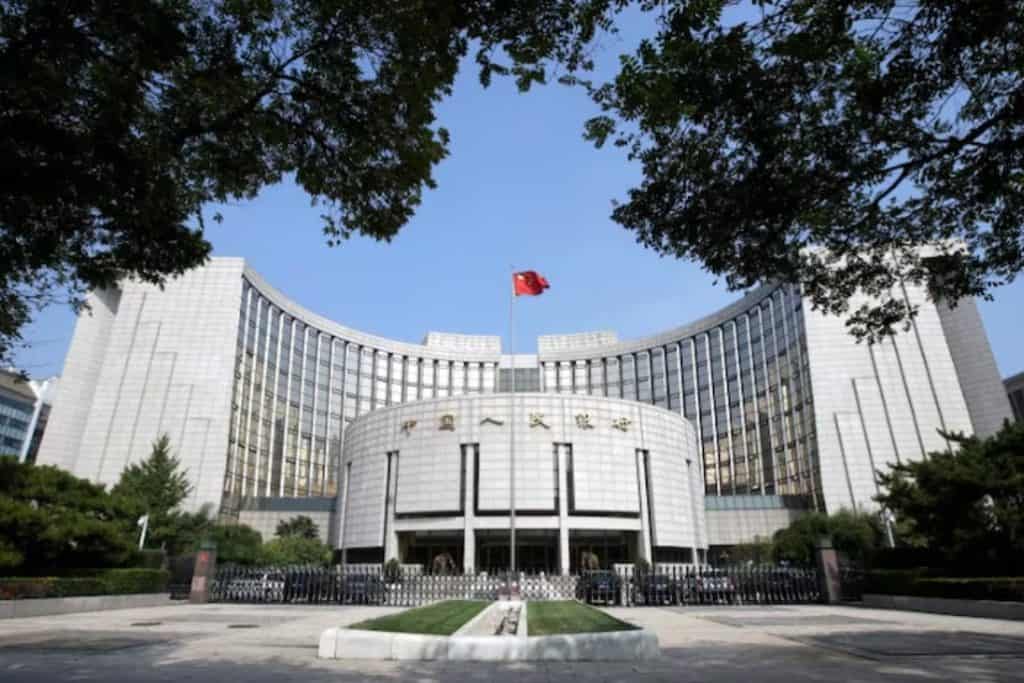
China’s bond market, the world’s second largest, is on edge following a turbulent week in which the central bank started intervening heavily to stem a plunge in yields even as the economy is struggling.
But die-hard investors say the bull market in government bonds still has legs, citing China’s wobbly economy, deflationary pressures and low investor appetite for riskier assets.
“We remain actively bullish,” said a bond fund manager, undeterred by unprecedented government moves to cool the sizzling treasury market and arrest a plunge in yields, which move inversely to prices.
“We don’t see a rosy economic picture … and we’re under peer pressure to generate returns,” said the Beijing-based manager who asked to be anonymous due to sensitivity of the topic.
Even those who have turned bearish appear half-hearted. Treasury futures investor Wang Hongfei said he chose to be “opportunistic” in the short term, trading quickly in skirmishes as the market tussle with regulators intensifies.
China’s central bank has repeatedly warned of potentially destabilising bubble risks as investors chase government bonds and scurry away from volatile stocks and a sinking property market, while banks cut deposit rates. Falling yields also complicate the People’s Bank of China’s (PBOC) efforts to stabilise the weakening yuan.
But with the PBOC now turning threats into action to tame bond bulls, authorities have opened a new battle front – following wars of attrition long fought against speculators and unwelcome price moves in the country’s stock and currency markets.
Unlike the West, “China’s financial markets, including the bond market, are subject to top-down regulation,” said Ryan Yonk, economist with the American Institute for Economic Research.
As the economy sputters, “Chinese officials will face increasing difficulty in maintaining such tightly controlled financial markets, and additional interventions are likely, and may signal the very instability Chinese officials are seeking to avoid.”